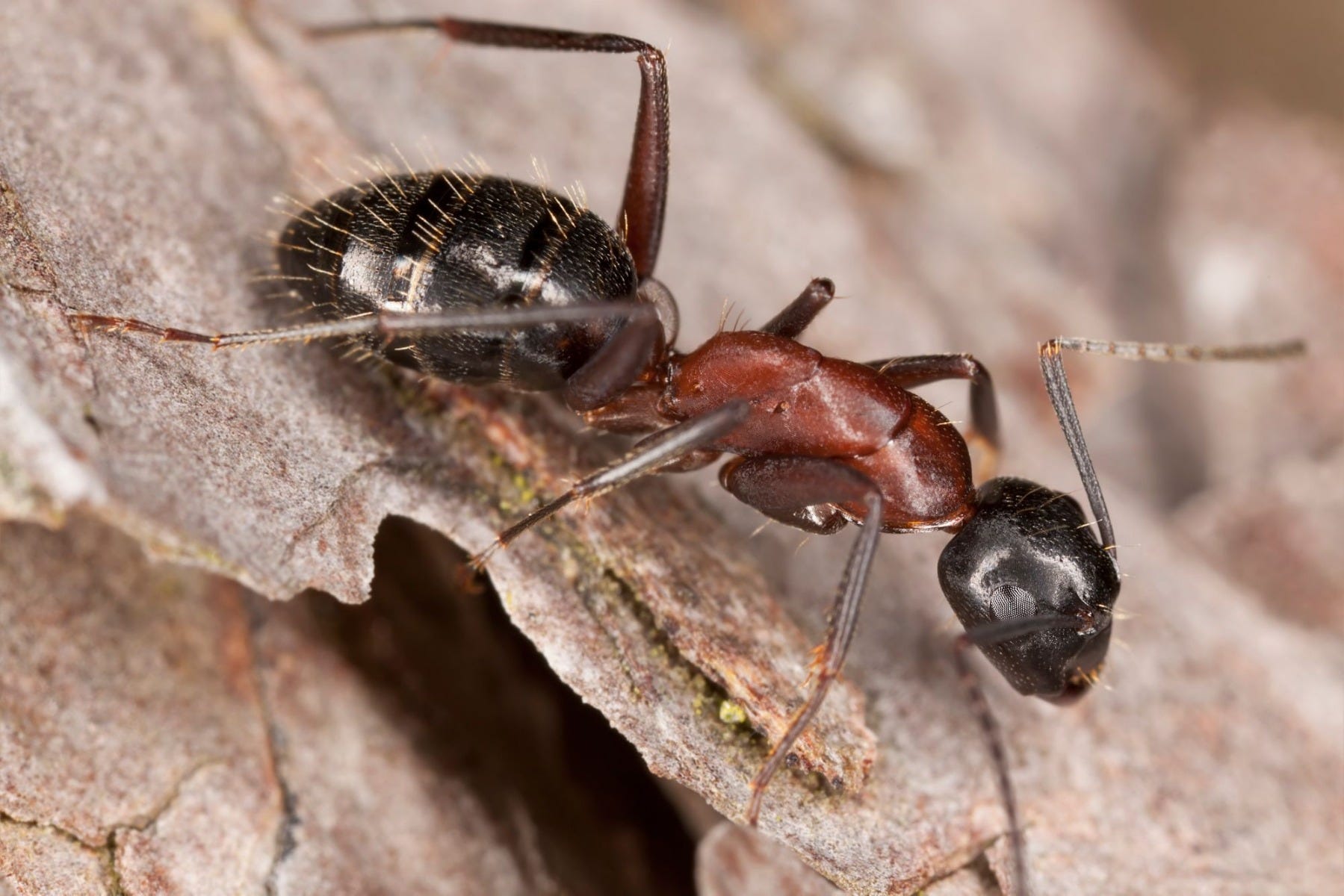Expert Termite Control Services: Guard Your Home from Termite Damages
Expert Termite Control Services: Guard Your Home from Termite Damages
Blog Article
Environmental Effect of Pest Control: Harmonizing Efficiency With Sustainability
The ecological influence of pest control is an essential issue that requires a delicate equilibrium between accomplishing effectiveness in handling bugs and guaranteeing sustainability of our communities. From the usage of damaging chemicals that permeate into our soil and water to the unplanned effects on non-target species, the repercussions of conventional bug control practices are far-ranging.
Damaging Chemicals in Parasite Control
The use of unsafe chemicals in parasite control presents substantial ecological and health and wellness threats that call for mindful consideration and mitigation techniques. Chemicals, insecticides, and herbicides are typically utilized to eliminate parasites, but their widespread application can bring about unexpected effects. These chemicals can infect dirt, water resources, and the air, affecting not only the targeted pests but likewise beneficial insects, wild animals, and human beings.

To deal with these risks, integrated insect monitoring (IPM) techniques are being promoted as a much more sustainable alternative. IPM entails a mix of approaches such as biological control, environment manipulation, and the targeted usage of pesticides as a last option (ant control unionville nc). By taking on a holistic technique to pest control, we can decrease the environmental and health and wellness impacts connected with damaging chemicals while properly taking care of pest populations
Influence On Non-Target Types
Thinking about the unintended repercussions of pest control methods, the effect on non-target varieties is an important aspect that calls for comprehensive assessment. While insect control steps aim to target specific parasites, various other organisms in the environment might be accidentally impacted. Non-target species, including beneficial pests, birds, creatures, and also plants, can endure indirect or direct damage from chemical applications or organic control methods.
Pesticides developed to deal with a specific bug bug may damage pollinators like bees or all-natural predators such as ladybugs. Biological control agents, if not species-specific, can present threats to unplanned targets, interrupting the eco-friendly equilibrium.
To alleviate the effect on non-target types, incorporated insect monitoring (IPM) methods that highlight an all natural technique to pest control are recommended. These approaches focus on making use of eco friendly practices, decreasing damage to valuable microorganisms while efficiently handling pest populaces. Performing thorough risk assessments and checking the results of parasite control initiatives are necessary action in securing non-target varieties and promoting general community health and wellness.
Soil and Water Contamination
Unintentional environmental repercussions of pest control techniques expand beyond influencing non-target types, with considerable implications for soil and water contamination - termite control. Chemicals, herbicides, and chemical plant foods made use of in pest control can leach right into the soil and contaminate groundwater, posing a threat to both earthbound and water ecological communities.
Water contamination is another essential issue associated with insect control methods. Drainage from agricultural areas treated with pesticides can lug these chemicals into nearby water bodies, influencing marine organisms and water top quality. Contaminants in water resources can have far-ranging effects, influencing not only water life yet likewise human health and wellness through the consumption of polluted water or water organisms. To minimize dirt and water contamination from insect control tasks, integrated parasite management methods that focus on sustainability and minimize chemical inputs are important.
Air Pollution From Pesticide Use
Direct exposure to airborne pesticides during agricultural applications presents a considerable problem for air contamination control steps. They can volatilize right into the air and kind unpredictable organic compounds (VOCs) and other airborne pollutants when pesticides are sprayed onto crops - termite control. These chemicals can contribute to the go right here development of ground-level ozone, a significant element of smog that can have detrimental effects on human health, crop efficiency, and total air top quality. In addition, pesticide drift, where chemicals are lugged by the wind to unintended locations, can lead to the contamination of neighboring ecosystems and water bodies.

Techniques for Sustainable Bug Control
In the realm of agricultural methods, applying sustainable insect control techniques is extremely important for keeping eco-friendly equilibrium and securing plant returns. Lasting parasite control emphasizes using ecologically pleasant methods to manage pest populations efficiently while reducing damage to non-target organisms and ecosystems. Integrated Insect Administration (IPM) is a commonly adopted method that combines biological, cultural, physical, and chemical control techniques to accomplish long-term pest management solutions.
Crop rotation and diversification are additionally efficient techniques to disrupt pest life cycles and develop less desirable conditions for pests to prosper. Ultimately, by incorporating these sustainable parasite control techniques, farmers can attain a balance in between pest management efficiency and environmental stewardship.
Conclusion
In verdict, the environmental effect of parasite control methods have to be very carefully considered to balance performance with sustainability. Dangerous chemicals used in insect control can bring about soil and water contamination, air pollution, and injury non-target varieties - ant control services. It is critical to implement sustainable bug control approaches to reduce these negative results on the atmosphere and advertise a much healthier ecosystem for future generations
By adopting an alternative strategy to pest control, we can minimize the environmental and health impacts connected with unsafe chemicals while effectively managing pest populaces.

To mitigate the air contamination created by pesticide usage, it is essential to embrace incorporated insect monitoring methods that prioritize the usage of non-chemical insect control approaches, such as crop turning, all-natural predators, and resistant plant selections. Sustainable bug control stresses the use of ecologically pleasant methods to handle parasite populations successfully while decreasing harm to non-target organisms and ecological communities. Integrated Insect Administration (IPM) is an extensively embraced strategy that combines biological, cultural, physical, and chemical control techniques to attain lasting pest management remedies.
Report this page